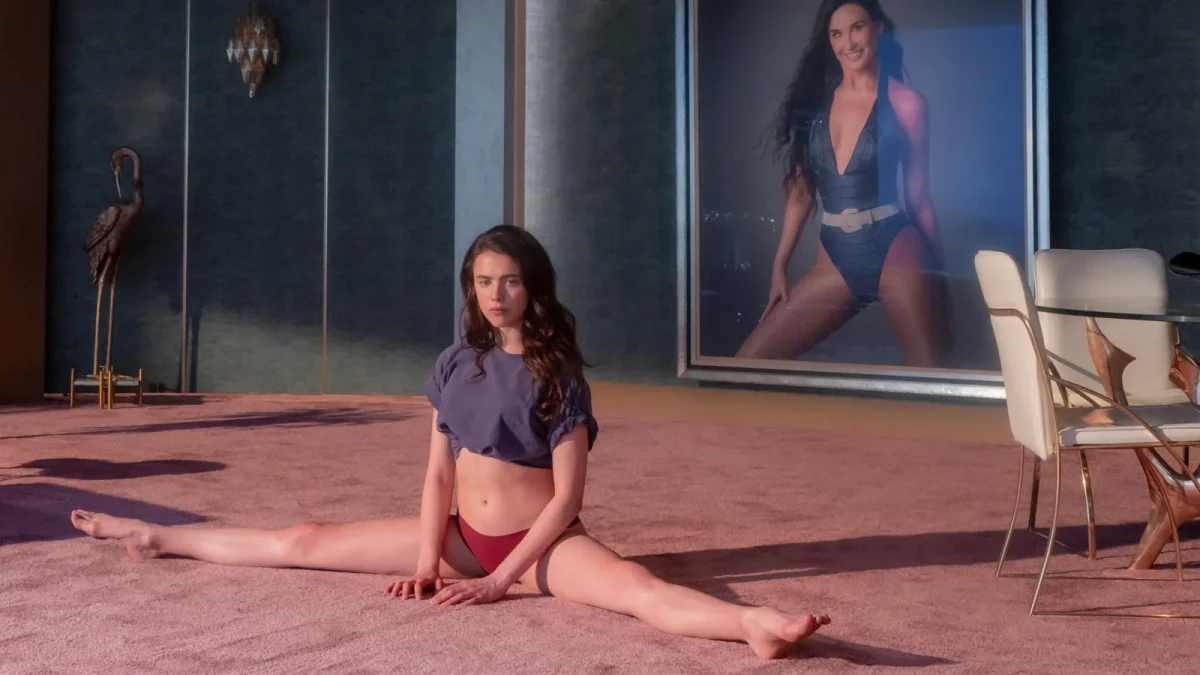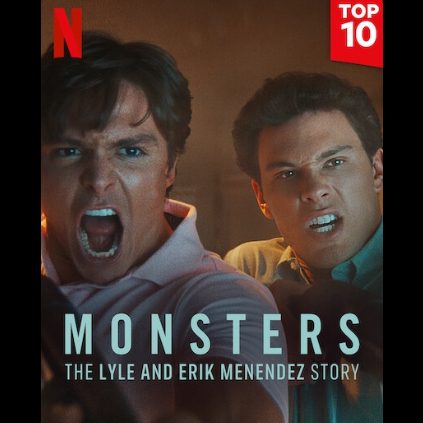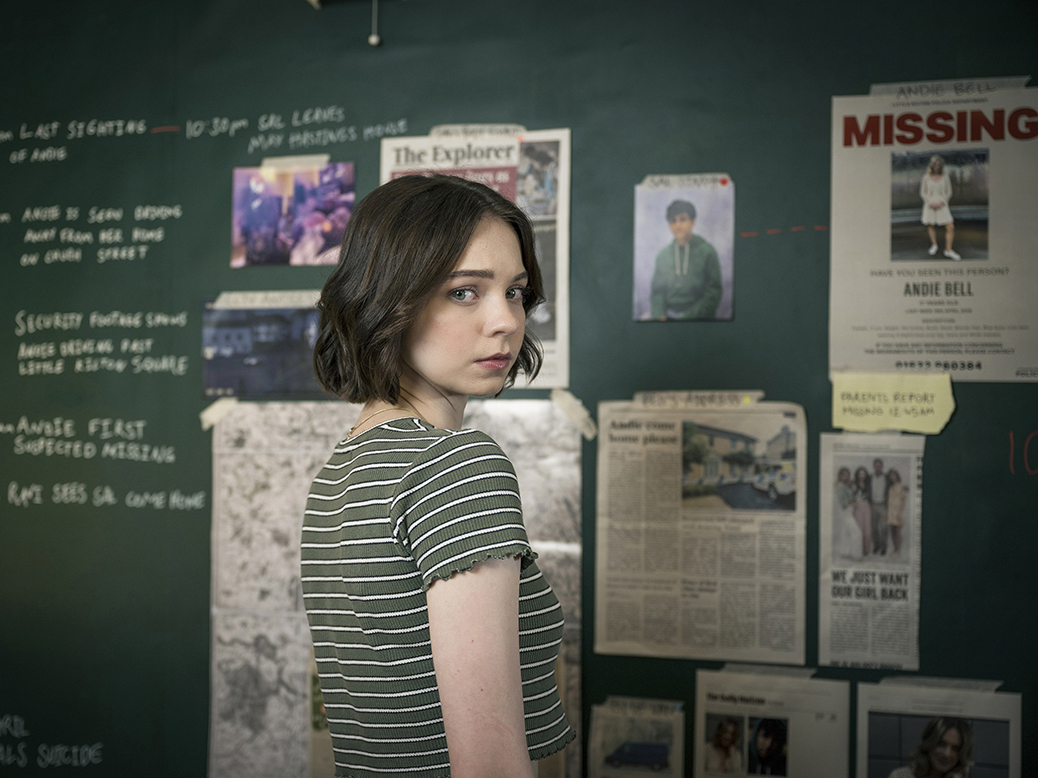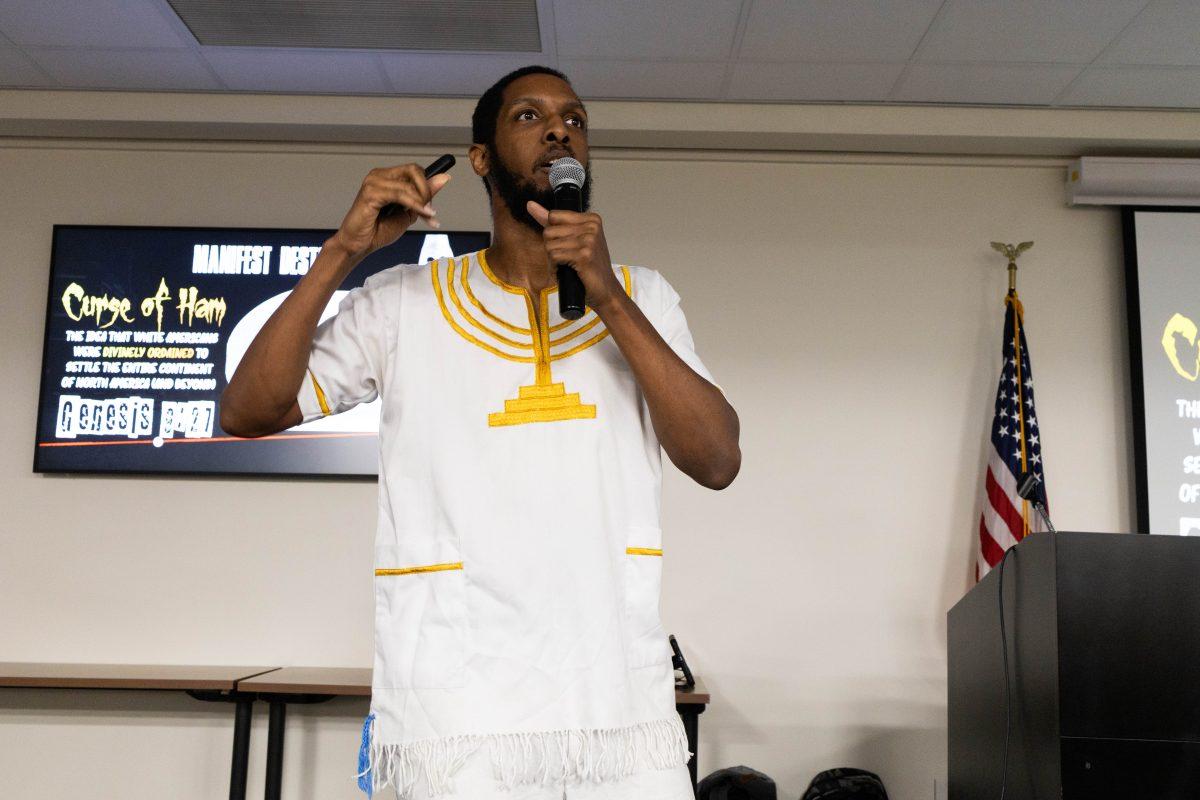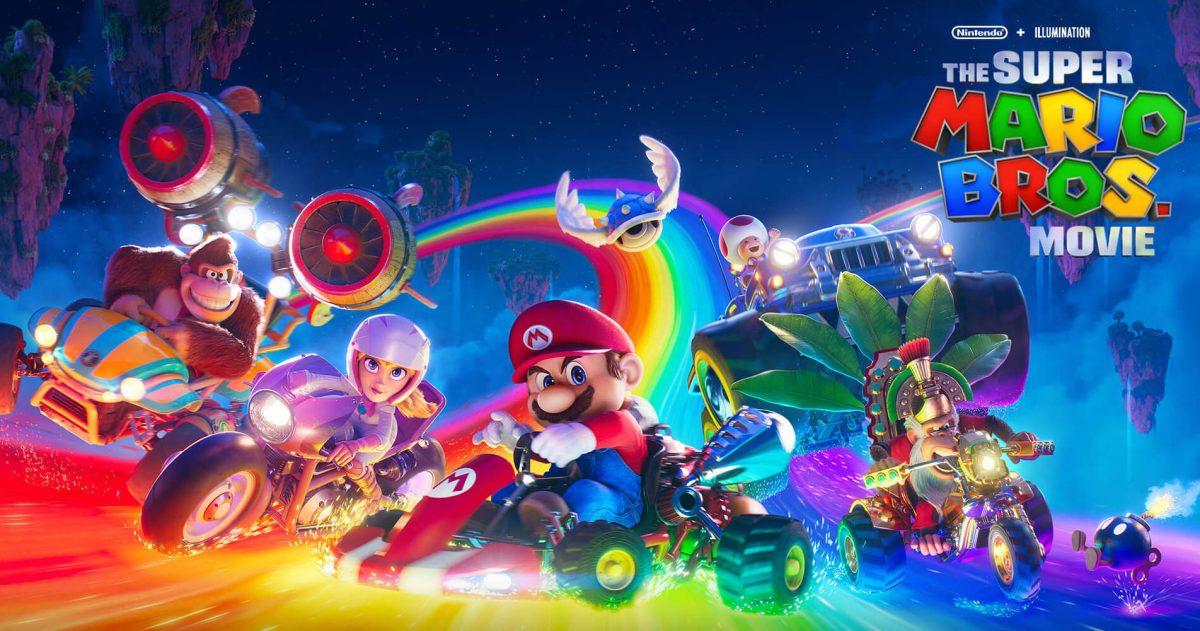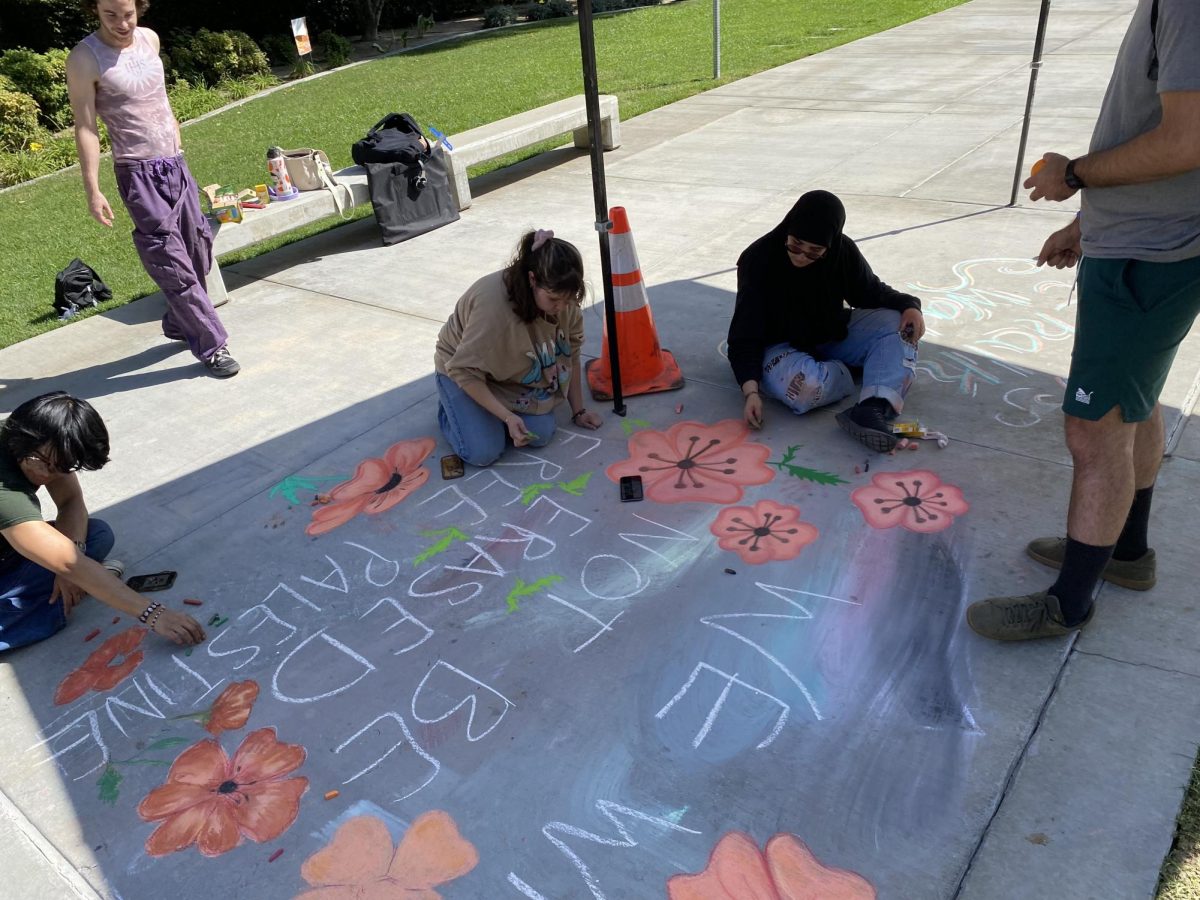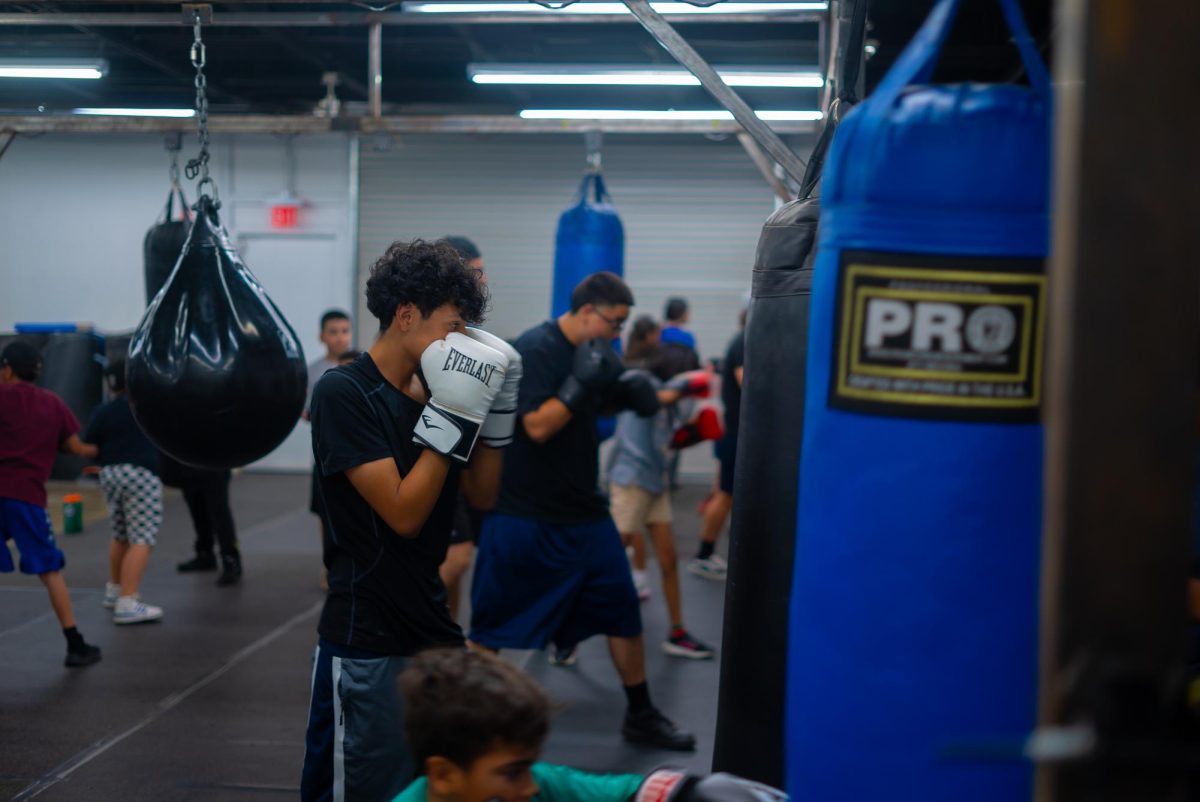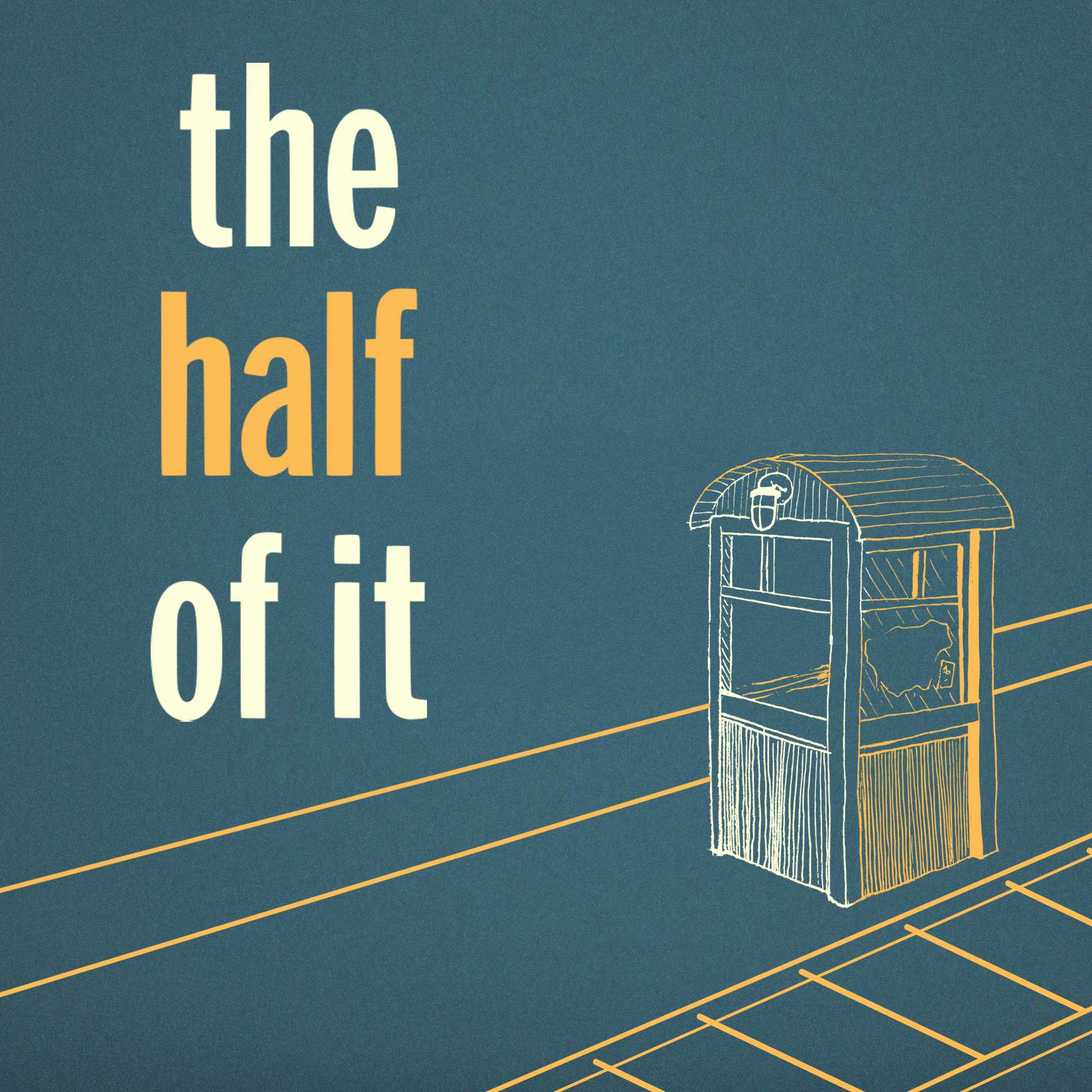
By Stephanie Arenas
Director and screenwriter Alice Wu brought in a fresh and influential twist with a common trope in her new movie “The Half of It.”
Based on the 1897 play “Cyrano de Bergerac” by Edmond Rostrand, “The Half of It” is a coming of age film based on the simple premise of friendship and sexuality.
Ellie Chu is a shy, Chinese-American high school senior who lives with her widowed father in a small town named Squahamish. She is known around her school for writing essay papers for her fellow students as a means to make extra cash on the side.
One day, she is approached by football player Paul Munsky, who asks her to write a love letter to another student named Aster Flores.
Chu initially rejects Munsky’s offer as she is secretly in love with Flores herself. However, after learning that her father is struggling with house payments, she accepts his offer.
Throughout the movie, Chu and Flores write letters to each other, leaving Chu to fall more and more in love with Flores and often forgetting that Flores believes she is writing to Munsky.
Actress Leah Lewis was the perfect choice for the role of Ellie Chu. Her character handles the topic of sexual orientation in the most delicate and thoughtful way possible.
“Love is not patient, and kind, and humble,” Ellie Chu says in the film. “It’s not finding your perfect half. It’s the trying and reaching and failing.”
On the other hand, there were a few questionable moments in the film.
Halfway through, Paul Munsky falls for Ellie Chu. In any other movie, this would create a huge conflict between characters. However, nothing really comes of it which leads you to wonder, why was this added in the first place?
The film is a little over 90 minutes long but feels as though it drags on forever. While the plot is simple and entertaining, there is nothing special about it that would differentiate it from other generic high school movies.
Overall, “The Half of It” was a pleasant and enjoyable film. The ending gave into a more realistic perspective of what LGBTQ+ teens go through in regards to relationships.
Wu managed to create a film that is light-hearted, down-to-earth and true to life in the best way possible.


